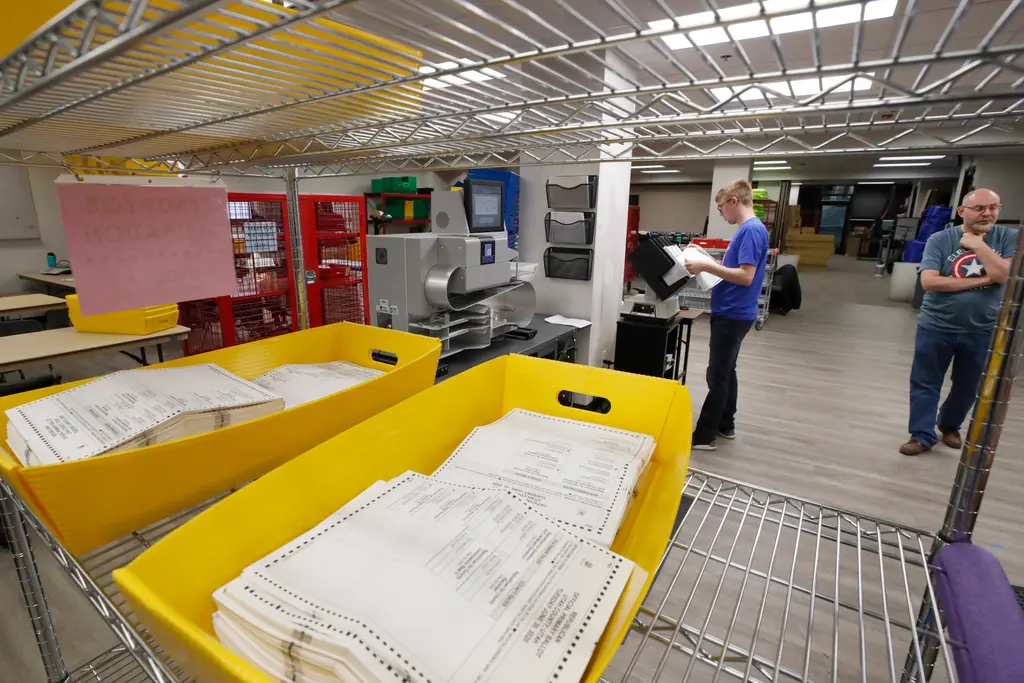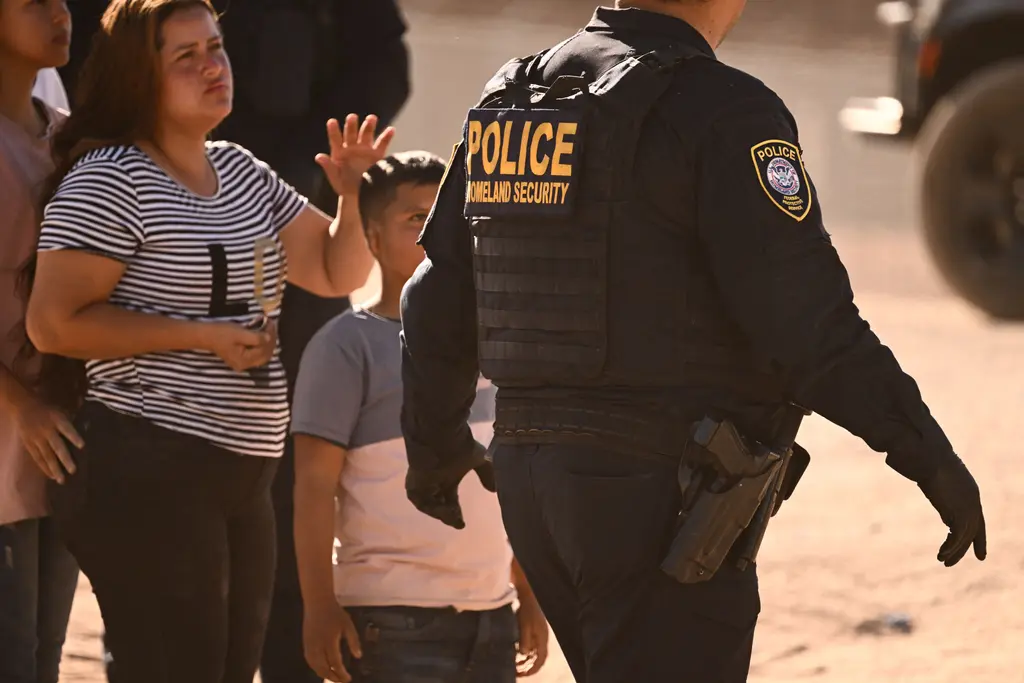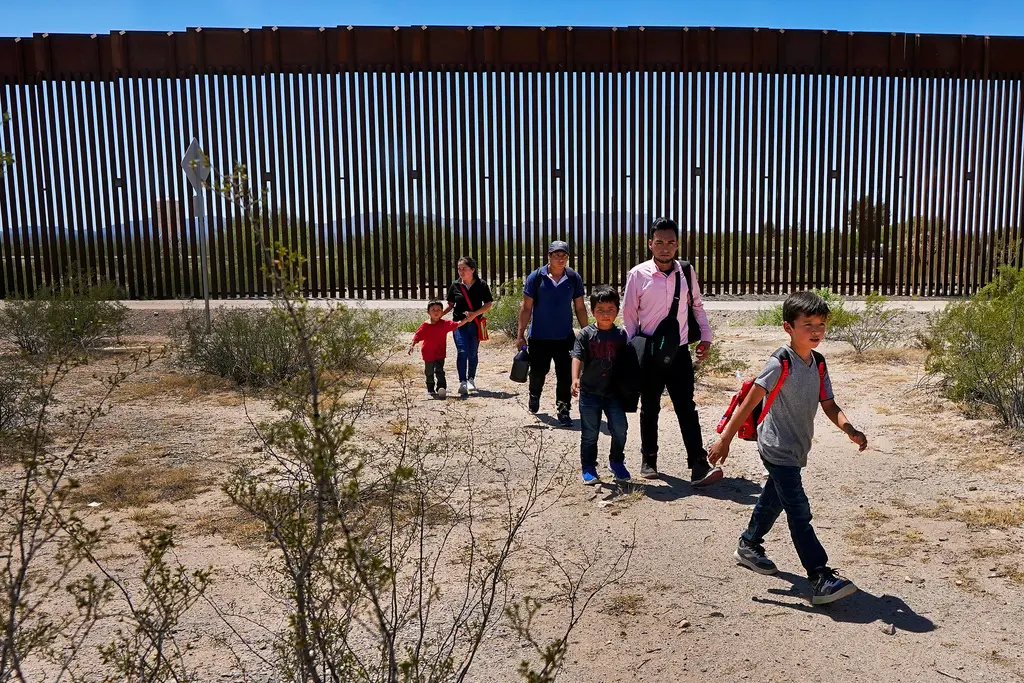"I Can't Breathe"

“I can't breathe,” begged George Floyd, a 46-year old African American as he laid on the ground, face down. The knee of a white Minneapolis policeman pressed heavily on his neck. “Please, I can't breathe.”
The video, nearly 10 minutes long, is terrifying. It starts with Floyd already on the ground and the policeman, Derek Chauvin, on top. It was filmed on a cell phone by someone who saw what was happening and later shared it on social networks. “My stomach hurts. My neck hurts,” Floyd is heard saying. He also asks for “water or something, please.” And the most heartbreaking part is when he calls, twice, for his mother.
We don't know what happened before the video. The Minneapolis police were looking for a man accused of using a fake identity. Floyd was found in his car, ordered out and handcuffed. The initial police report said he resisted arrest and “appeared to be suffering medical distress.”
What we do know is that, in the final images of the video, Floyd appears to lose conscience and, finally, when the policeman takes off his knee, Floyd's head does not respond and hangs limply. Shortly afterward, an ambulance took him to a hospital, where he was pronounced dead at 9:25 pm on Monday, May 25.
I was particularly struck by the ivity of the three other police there, who did nothing to keep their fellow cop from asphyxiating Floyd. One of them stands very close to the events and, saying not a word, is a silent witness to the death. As though that life did not matter.
Más sobre Opinion
“(It) was torture, in the way it was done. The man couldn't breathe. He was begging to be able to breathe,” Sen. Kamala Harris, being considered as a vice presidential candidate for the Democratic Party, told me in an interview. “He was executed. It was a public execution.”
Not even the pandemic has been able to hide the horrible racism that continues to rot American society. It's not the first time an African American dies after telling police that he could not breathe.
On July 17, 2014, African American Eric Garner was arrested by New York police in Staten Island, for selling cigarettes from packs without tax stamps. One of the agents, Daniel Pantaleo, approached Garner from behind and put an arm around his neck. Both fell to the ground. That's when Garner is heard to say, several times, “I can't breathe.” An ambulance took him to a city hospital, where he was pronounced dead that afternoon.
The entire event was filmed on his cell phone by Ramsey Orta, a friend of Garner. And that was critical for asg responsibility for the death. “The video images were cited in the final autopsy report as one of the factors that led the city medical examiner to conclude that the chokehold and chest compression by the police caused Mr. Garner's death,” a New York Times investigation concluded.
The two deaths – Eric Garner's in New York and now George Floyd's in Minneapolis – are so very similar. Both die after an encounter with police. Both are asphyxiated by one of the policemen. None of the other police who witness these cases of police brutality do anything to prevent the fatal results. And luckily, we were able to know the true circumstances of these deaths because of two people who had the courage to record everything on their phones.
After Barack Obama was elected president in 2008, many people in the United States believed the country had reached a post-racial period, when the color of the skin did not matter. The election of Obama, the first and only African American president in U.S. history, came after decades of slavery, racism and discrimination. But racism lives on in this country, as proven by the deaths of Garner and Floyd.
The big difference – for a minimum of justice – is that cell phone where you might be reading this column. In an age where private spaces are disappearing, and when almost everything is recorded, police abuse of minorities can only be hidden with difficulty. It's enough to press the red button to record. And to have the courage to point, with your cell phone, at police when someone shouts “I can't breathe.”



